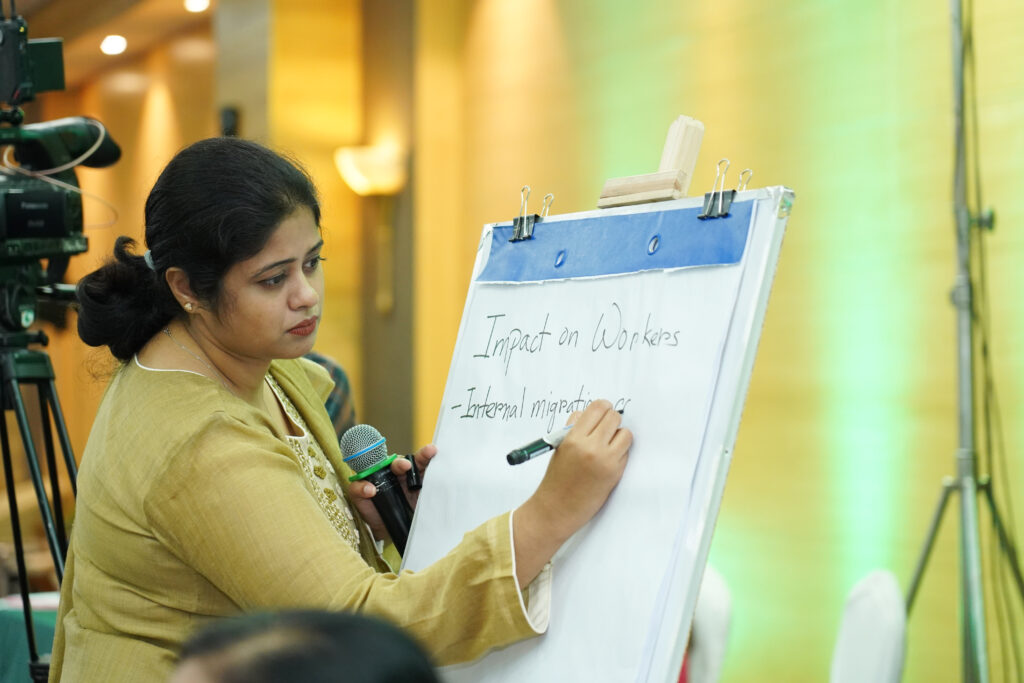
Green transitions have an economic and human cost. People must benefit from these shifts.
In one of the world’s most climate-vulnerable countries, a just transition to a greener economy is an urgent and essential need. We recently co-hosted a national conference to explore ways to take this forward.
Bangladesh faces frequent and intense climate threats: storms and floods, droughts and landslides. These disasters destroy infrastructure, disrupt livelihoods and displace millions.
In May 2025, the Just Transition Academy in Dhaka brought together over 200 senior representatives from government, business and civil society groups to discuss pathways to pivot to a greener economy without leaving workers behind.
Awareness and action
The conference, which we co-hosted with the UN’s International Labour Organisation (ILO), Food and Agriculture Organisation (FAO) and Laudes Foundation, formed part of our programme to improve awareness and advance action around Just Transition. It is just one example of the Foundation’s power to bring together stakeholders from different sectors for productive discussions.
Alongside such events, our Just Transition programme also includes journalism training and mentoring, editorial content through our media platform, Context, and support for civil society groups working on these issues.
Shaping the narrative
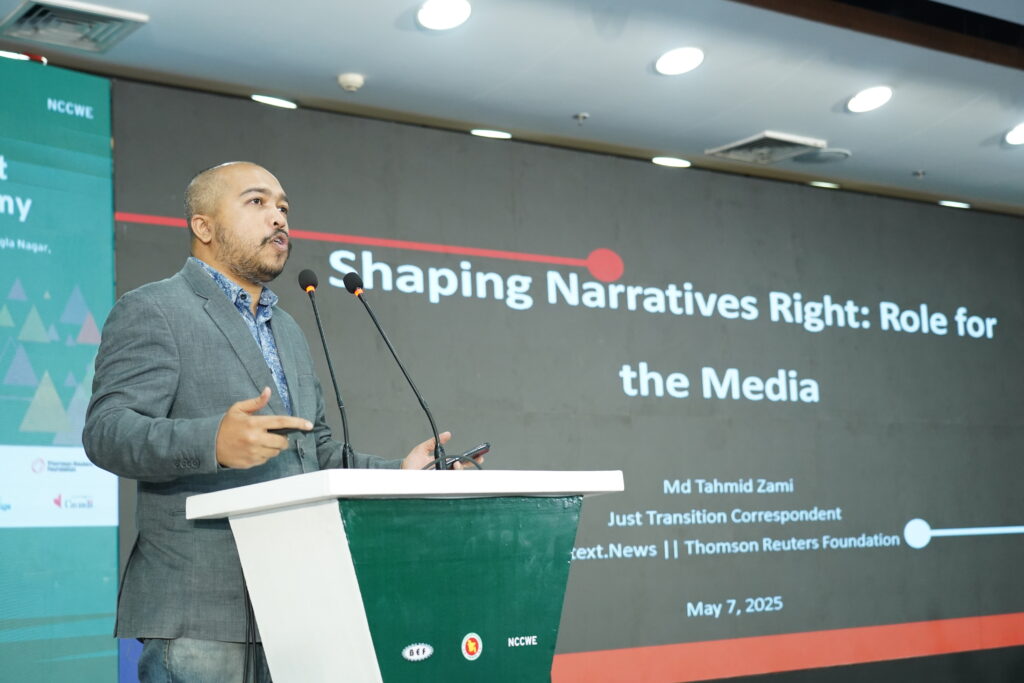
Context’s climate correspondent Md. Tahmid Zami led a session emphasising the role of the media in building momentum for change. He highlighted the importance of shifting the narrative focus from technical plans to human stories. Tahmid also stressed the need to strengthen journalists’ capacity to write about environmental and labour issues through a Just Transition lens.
As part of our Just Transition programme, we are supporting local journalists in Bangladesh to develop and publish content around transition issues.
Context regularly publishes investigations highlighting the links between climate, inequality and labour rights – with these features often reproduced in outlets around the world. Recent examples from Bangladesh include stories on how garment workers can adapt to a changing climate, pay, pollution and safety issues in ship scrapyards and the risk of abuse for climate migrants.
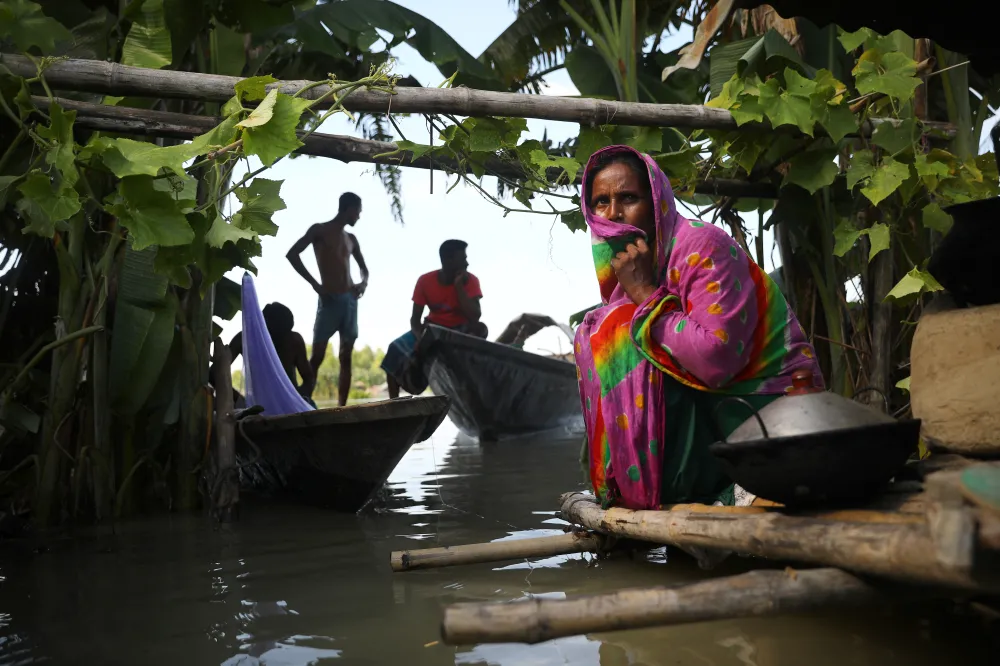
“Repeated disaster losses make it harder to get through in recent years – and you can at least earn a steady income when you land a job in a place like Dhaka.”
Abu Musa, who sent his brother to the city for work after a monsoon destroyed the family’s crops and fisheries
Key conference takeaways
Alongside the need to raise awareness via independent journalism, the conference highlighted several other priority issues for action:
- Put people at the centre of climate action: Just Transition interventions must address real-life impacts such as displacement, income loss and social insecurity.
- Social dialogue is non-negotiable: Institutional platforms that are shaping policies at sector and local levels must include workers and employers.
- Capacity and coordination are critical enablers: Just Transition efforts must be aligned, integrating with other policies around climate, employment, skills, enterprise and social protection.
- Tailor action to sectors and local contexts: Sectors such as garments, construction, transport, water, energy, aquaculture and agriculture each face distinct risks and opportunities.
- Strengthen finance and protection systems: Transition funds, concessional finance and social insurance must support tangible Just Transition outcomes, and must be accessible, accountable and responsive to worker and enterprise needs.
- Update laws, expand skills and protect workers: To prepare the workforce for change, Just Transition approaches must be embedded in legal frameworks, social protections and green upskilling systems.
- Unlock the potential of green enterprises and innovation: With the right support – incubation, incentives and finance – enterprises from multi-national corporations to small startups can drive low-carbon and climate adaptation solutions.
Multinational companies must not only comply but lead. Consumers are demanding that products reflect fair labour and environmental standards throughout the supply chain.
Next steps
Building on their shared understanding that Just Transition is national priority, conference participants agreed to work together to set up a national platform for action, to elevate the Just Transition agenda and accelerate progress.
The Bangladesh National Just Transition Academy will convene events and research, build capacity and establish blended finance models to scale innovate programmes and drive policy coherence.
Just Transition is not an abstract idea. It is about the future of our people.
More News
View All
Welcoming our new chairman – and honouring a remarkable legacy
Our CEO, Antonio Zappulla,…
Read More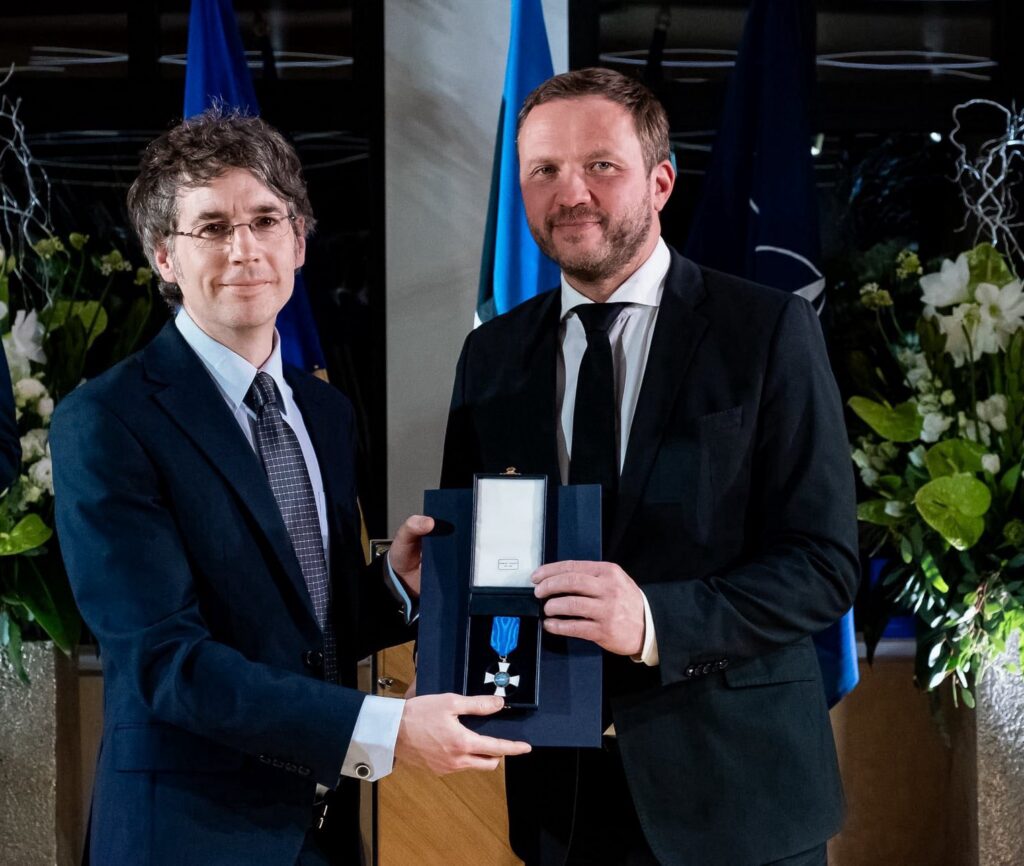
How the MFC Secretariat supports the Media Freedom Coalition to protect independent media at home and abroad
The MFC Secretariat, hosted by the Foundation, was awarded the Cross of Merit from the…
Read More
Statement on the Closure of the Context News Brand
A statement on the Closure of the Context News Brand from…
Read MoreSupporting media and CSOs to curb illicit financial flows across sub-Saharan Africa
We…
Read More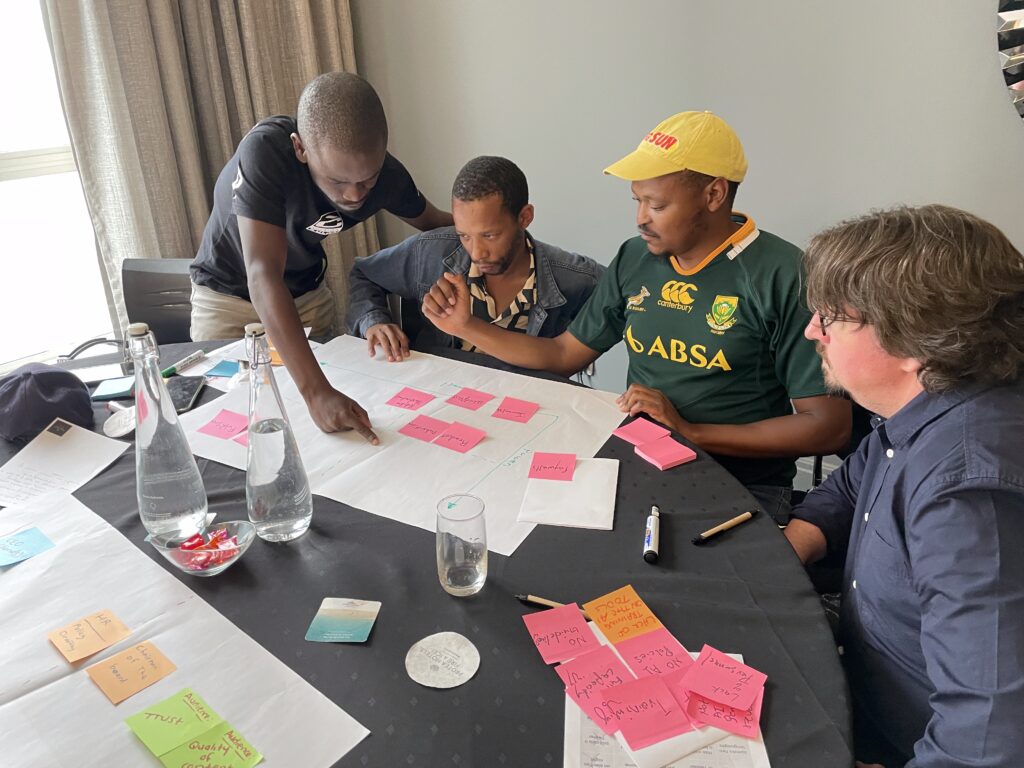
Our impact in 2025: Building resilience in a turbulent year
Our CEO Antonio Zappulla reflects on 2025:…
Read More
Uncovering illicit financial flows: Training that transformed one journalist’s approach to reporting
Find out how training from the Thomson Reuters Foundation transformed Fidelis…
Read More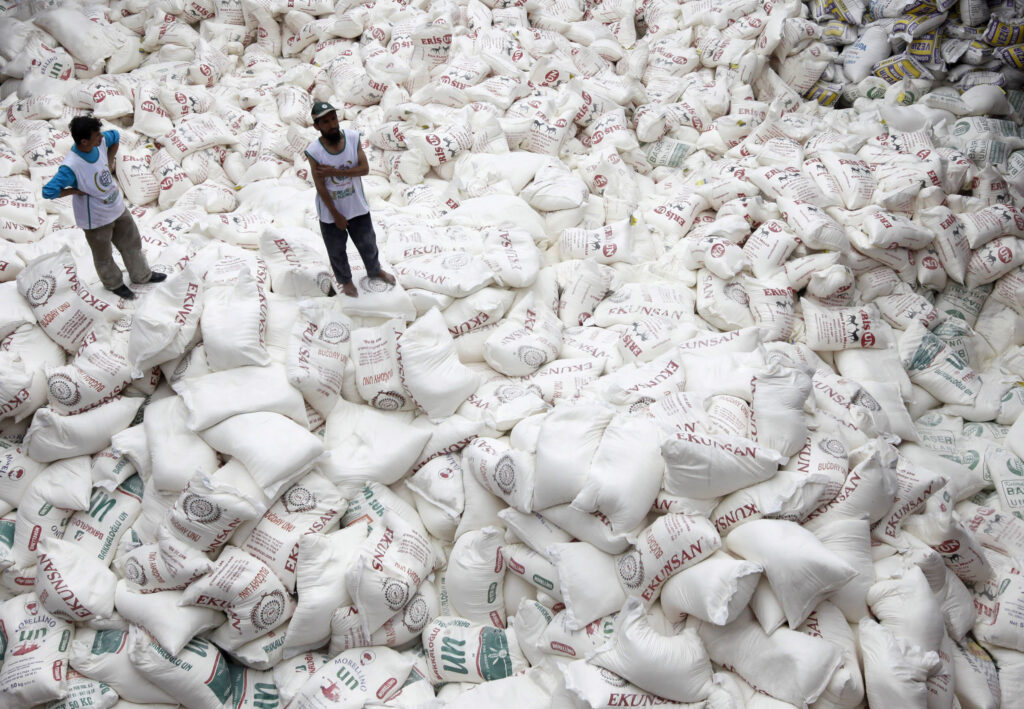
Legal needs are rising for NGOs amid attacks on civil society and funding cuts, our latest report finds
Our new report finds that legal needs amongst NGOs have risen significantly over the last…
Read More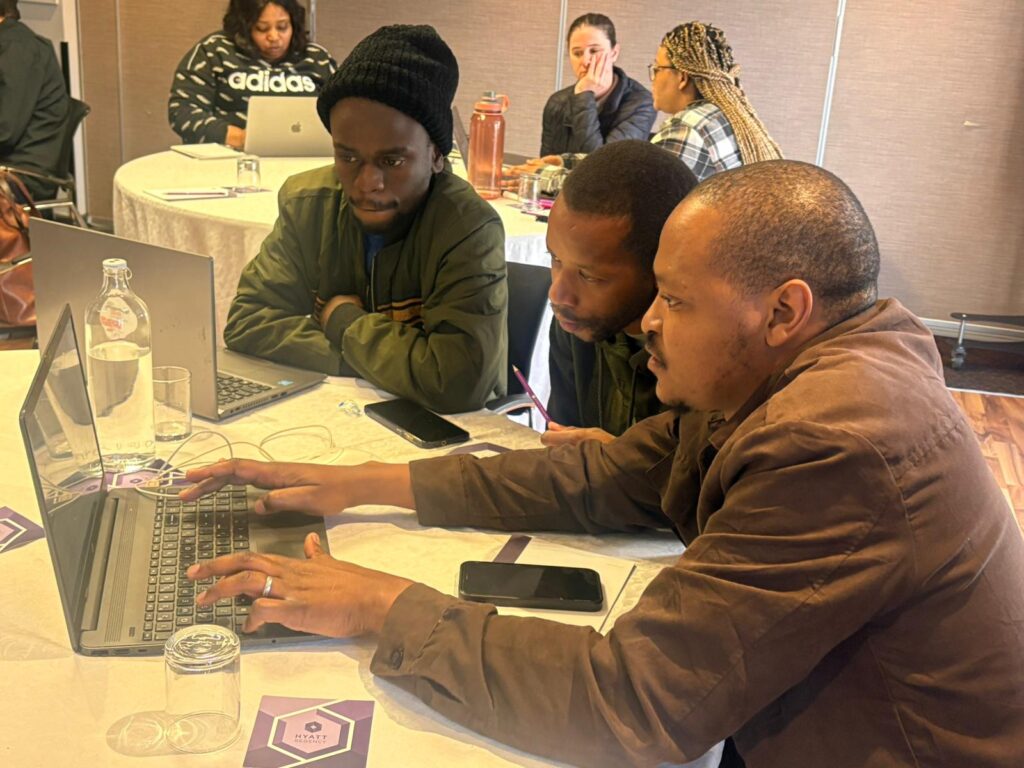
How South African newsrooms are benefiting from strategic and ethical AI adoption
We have…
Read More
World’s largest dataset shows transparency gaps in AI adoption
The Thomson Reuters Foundation…
Read More
The authoritarian playbook in action: Insights from Trust Conference 2025
Learn our Acting…
Read More

